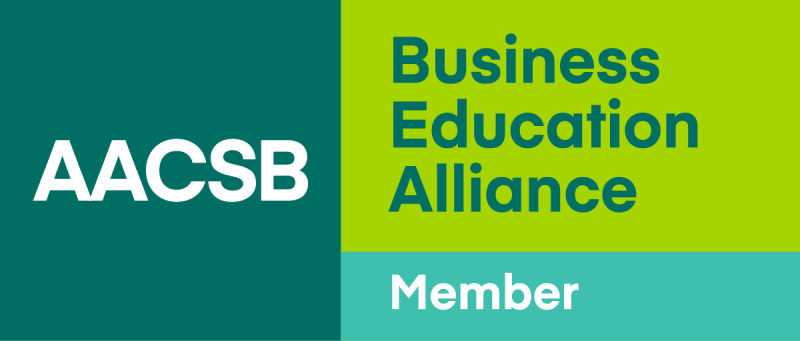Toyota's Recall - Communication Effectiveness in Crisis Management
Business crises put even the top manufacturers to the test. In 2009-2010, Toyota recalled over 10M vehicles for acceleration issues, facing major lawsuits. Examining this event reveals the critical role of communication in navigating turbulent waters.
At a glance
Founded
1937
Headquarters
Aichi, Japan
Case Focus
Crisis Communication
Abstract
Toyota's 2009 recall crisis, stemming from unintended acceleration issues, severely impacted its reputation for quality and safety. This case study delves into Toyota's communication strategies, operational responses, and long-term reputation management efforts in the aftermath of the crisis.
Key findings reveal that effective crisis communication, including transparency, accountability, and proactive engagement with stakeholders, is crucial in mitigating reputational damage. Toyota's operational response focused on enhancing quality control measures, improving supply chain oversight, and fostering a culture of safety.
This case study provides valuable insights for organizations facing similar crises, highlighting the importance of a comprehensive and strategic approach to crisis management.
All rights reserved. © 2025 Nikkei Business Lab Asia. No part of this publication may be copied, stored, or transmitted in any form. Copying or posting is an infringement of copyright.
Disclaimers:
(1) Regarding Case Study Content: This case study is based mainly on secondary data and analysis of publicly available information unless otherwise stated, and is intended solely for educational purposes. Any opinions expressed by the author(s) are designed to facilitate learning discussion and do not serve to illustrate the effectiveness of the company. Additionally, banner images and logos used in the case study are intended for visualization in an educational setting and it is not used to represent or brand the company. For any dispute regarding the content and usage of images and logos, please contact the team.
(2) Regarding University Affiliation and Titles of Authors: The university affiliation and titles of author(s) seen in the case study is based on their affiliation and title during the time of publication. It may or may not represent the current status of said author(s).
